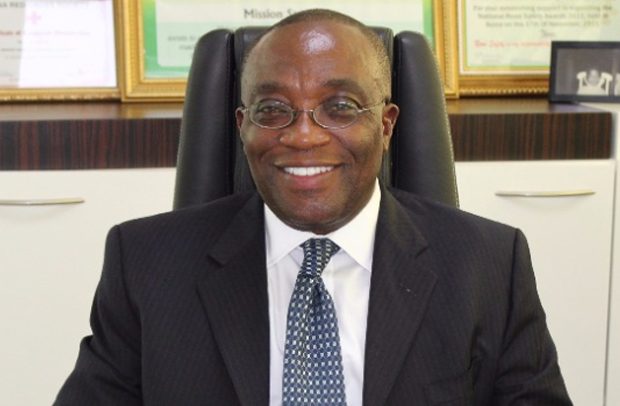Kwasi Agyeman Busia
THE DRIVER & Vehicle Licensing Authority (DVLA) said it drastically reduced the stock of unprinted licences by over 83 per cent as at the end of 2018.
Also, it said the rate of proliferation of roadworthy stickers had diminshed significantly.
Abraham S. Zaato, Manager, Research, Business Development and Innovation at DVLA, who was addressing the media at Elmina over the weekend, said due to improvement in business, a valid driver’s licence was now produced within two to four weeks.
In the past, it took an average of three to nine months for a valid driver’s licence to be produced.
Commenting on DVLA’s priority areas for 2019, he said the authority was bent on remodelling its office especially the headquarters reception, while it would also focus on certain thematic areas – Systems Integration, Enforcement, Entrenchment and Data Analytics – to achieve its target.
Also, he stated that the PR Department would lead in developing a corporate communications strategy to guide all forms of communications both with staff and with the general public, which is expected to be completed in June this year.
It has also targeted to review operations of Uber and other digital transport services, developing guidelines to guide operations, including hiring services; renewing road worthiness every six months; driver licensing verification and ensuring appropriate insurance cover. This will include vehicle rental services scheduled to start in April 2019.
In his speech, Minister of Transport Kwaku Ofori Asiamah warned of stringent measures being introduced to check road crashes this year and beyond.
He said in January, this year, 190 people died as a result of road traffic crashes with several others injured.
“Most of the crashes that occurred were as a result of indiscipline among road users, excessive speeding, wrongful overtaking, disrespect for traffic signals at intersections, among others. In order to make the NRSC more effective, government has granted approval for the commission to be converted to an authority with powers to ensure compliance,” he revealed.
“The commission has also received additional budgetary support of GH¢6.5 million to address road safety issues. The commission is also spearheading the installation of road crossing aids at select basic schools, training of schoolchildren in safe road crossing, deployment of over 300 trained road safety education officers and the establishment of trauma centres to deal with accident victims,” he added.


